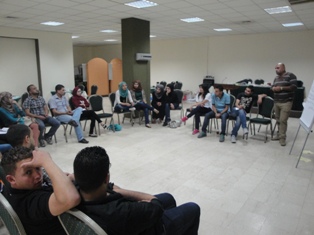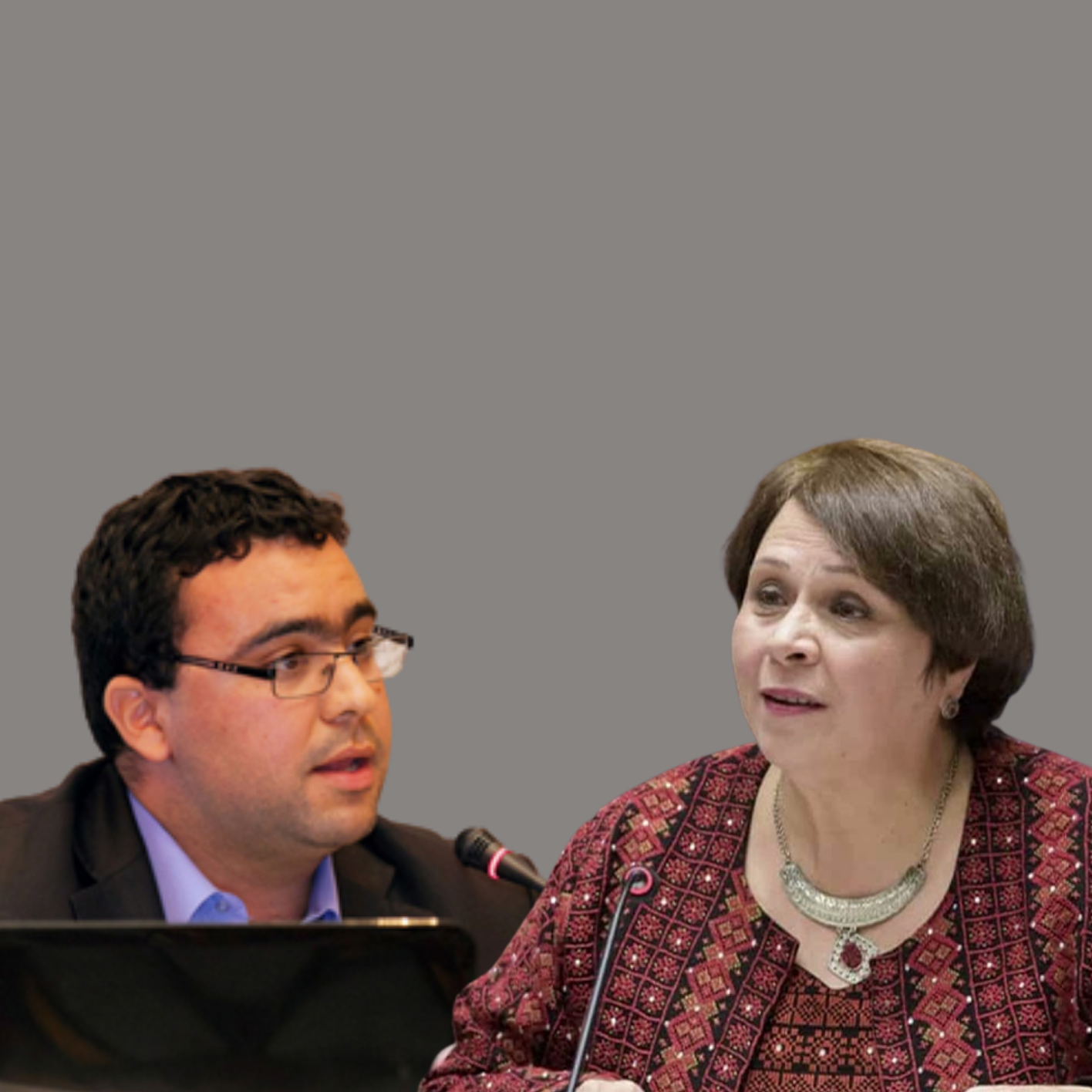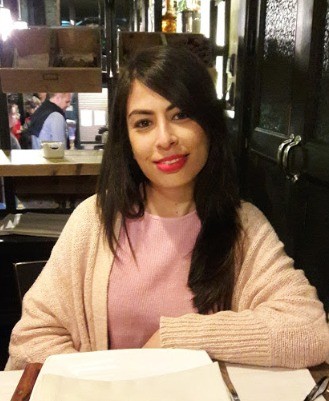
Two years of trainings and meetings organized by MIFTAH as part of its Empowerment of Palestinian Youth Leadership program in partnership with NDC and the Norwegian and Irish Representative Offices, have paid off, according to the participants. Trainees from this program, known as the Palestinian Youth Network all agree that the training courses were successful and important to developing their capabilities and potentials.
The network, which is active both politically and socially, was created in order to find methods and tools with which Palestinian youths could overcome the obstacles and challenges they face at various levels. In order for MIFTAH to achieve its goals in terms of contributing to the building of a democratic modern civil society, it focused on empowering young social and political leaders as a strategy through effective participation and creative initiative. Ultimately, this was so youths could be part of the process of social change.
As a result, the idea to establish a network was hatched in 2012 with the participation of 40 young leaders/students from various Palestinian universities. This year, two more leadership groups from Palestinian universities were added, totaling 70 participants in all.
MIFTAH CEO Dr. Lily Feidy said the training the network received aimed at empowering youth towards effective and fruitful participation in contributing to the change and development process in Palestine at the political and social levels. They also provided a platform for youth for conflict transformation and to build a consensus around viewpoints on vital issues pertaining to the process of transforming Palestinian society and building a democratic state all while offering ways for youth to participate in this process.
One participant, Abdallah Qadah and a member of the network said, “Throughout the workshops, everyone wanted to make the training succeed; I noticed this right off the bat. We worked on formulating plans that would help us succeed in our professional lives and more importantly, on how to put our thoughts into action.” Qadah added, “It also helped us look at the obstacles that face us, whether in society or within our working group and how to solve them. I thought it was an excellent experience.”
Hadeel Jawabreh, also from the network said, “The method used in posing information during the training was new to us. It was unconventional; it did not depend on simply offering information but on creating a balance for the recipient so that they could be able to absorb and compare the information.”
As for Najwan Abu Nijem, she says she benefited tremendously from the training at a personal level in terms of motivating her thought process. She also said the training focused on developing the potentials of the participants in solving problems and conflicts in a rational manner in addition to promoting their ability to integrate and cooperate within the team. She also commended the skills of the trainers in moderating sessions in a way that allowed interaction and input from all of the members of the group, adding that they also motivated the participants through focusing on the personal achievements of each individual.
Khayr Barhoum also expressed his gratitude for being part of the training courses. “Over the past two years, each training brought something new and which each day we would get closer to the goals we had set at the beginning of the course,” he said, continuing that another added value was that the training courses helped them to accept different opinions. This, says Dalia Lahaliya another participant, not only exposed the participants to different viewpoints, it allowed some to rethink what was for them, fixed notions that were previously not up for discussion.
These viewpoints clearly show MIFTAH’s efforts in promoting a culture of pluralism and respect for dialogue and the other, in addition to accepting differences. MIFTAH has always strived to promote confidence among youths in themselves and in their potentials.
It should be noted that the participants in the training and workshops were from various Palestinian factions, active in student bodies of several universities and colleges such as: Al Najah University, Bethlehem University, Hebron University, Al Ahliyeh University, Arab-American University, Al Quds University and Al Quds Open University in addition to Al Aroub Technical College.







